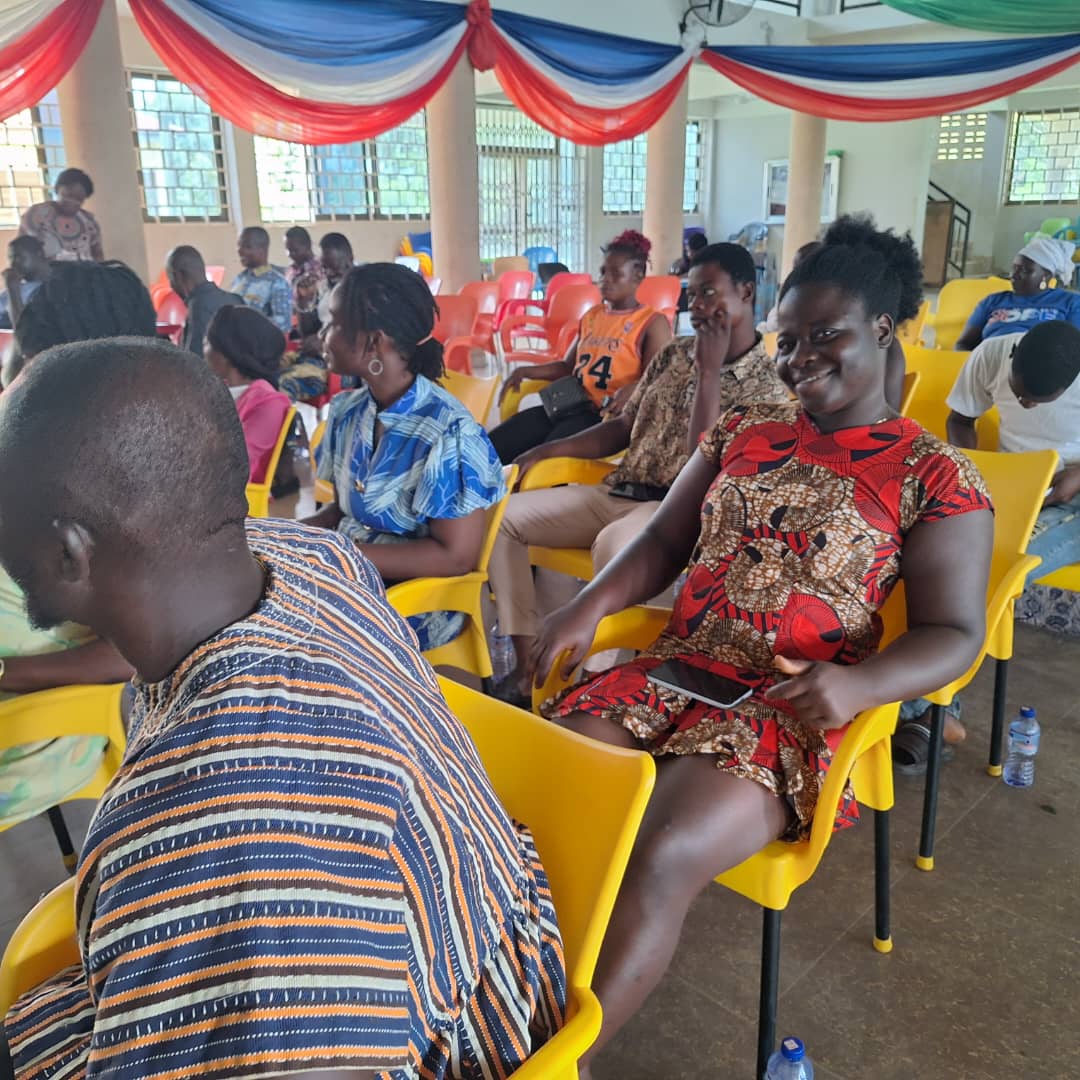CMCE, ActionAid Ghana sensitises community-based violence teams on conflict – Nsemkeka
The Coalition for Maternal Health and Citizen Empowerment (CMCE) and ActionAid Ghana have trained Community-Based Anti-Violence Teams (COMBAT) in the Asutifi North and South districts on the early warning signs of conflict.
Conflict, a disagreement or clash between individuals or groups involving opposing interests, goals, or viewpoints, can manifest in overt arguments or passive-aggressive behaviour stemming from differing perspectives, unmet needs, communication breakdowns, or power imbalances.
It can be expressed verbally in arguments, physically through altercations, or through more subtle behaviors like passive-aggressiveness or emotional withdrawal.
During a COMBAT review and planning meeting at Kenyasi in the Ahafo Region, the Programs Officer for ActionAid Ghana in the Bono, Ahafo, and Bono East regions, Yaw Osei Boateng, said issues of conflict are increasing and that there is a need to sensitize the public.
He indicated that conflict can occur in personal relationships, workplaces, associations, families, among ethnic groups, and in other areas of society, adding that we must join hands to address them amicably and promptly whenever they occur.
Mr. Boateng stated that early warning signs of conflict can manifest in various ways, including behavioral changes, emotional shifts, and physical reactions, providing valuable insights into the potential for conflict escalation and allowing for early intervention and de-escalation.
“While often perceived negatively, conflict can also be a catalyst for growth and change if handled constructively, where resolution strategies can include negotiation, compromise, or even seeking mediation,” the officer added.
He reiterated that conflict prevention involves addressing the root causes of conflict, such as inequality, poverty, and lack of political participation, and building resilience in societies to withstand potential triggers of violence.
Key aspects of conflict prevention include addressing root causes, recognizing early warning signs, and building peace through conflict resolution.
This involves promoting the peaceful settlement of disputes through dialogue, mediation, and other conflict resolution mechanisms.
The Executive Director of CMCE, Yaw Osei Boateng, noted that the center collaborates with state-owned institutions, namely CHRAJ, DoVVSU, and the Department of Social Welfare, which update them on issues of violence happening in the communities.
He said behavioural warning signs of violence include repeated loss of temper, frequent physical fighting, vandalism or property damage, increased use of drugs and alcohol, and an increased demonstration of risk-taking behavior.
Other signs, the Executive Director noted, include announcing plans or threats to commit acts of violence or harm others, enjoyment in hurting animals, and carrying, accessing, or having a fascination with weapons, especially guns.
According to Mr. Mahama, if a student or any other person in the neighborhood shares information or behaves in a way that leads you to believe he or she could harm himself or herself or others, it must be reported to the appropriate authorities, including security officers.
A participant, Matilda Asare, on behalf of the beneficiaries, thanked CMCE and ActionAid Ghana for enlightening them on issues of conflict, its causes, possible solutions, and other preventive measures, saying that “the knowledge and skills acquired will be used.”
The Centre for Maternal Health and Community Empowerment (CMCE), established in 1995 and in partnership with ActionAid Ghana, is a national non-governmental organization (NGO) operating in four districts of the then Brong Ahafo Region of Ghana.
It operates in sectors of the economy, namely agriculture, anti-corruption, civil society, NGOs, education, food security, fundraising, gender, health, human rights, and rural development.

